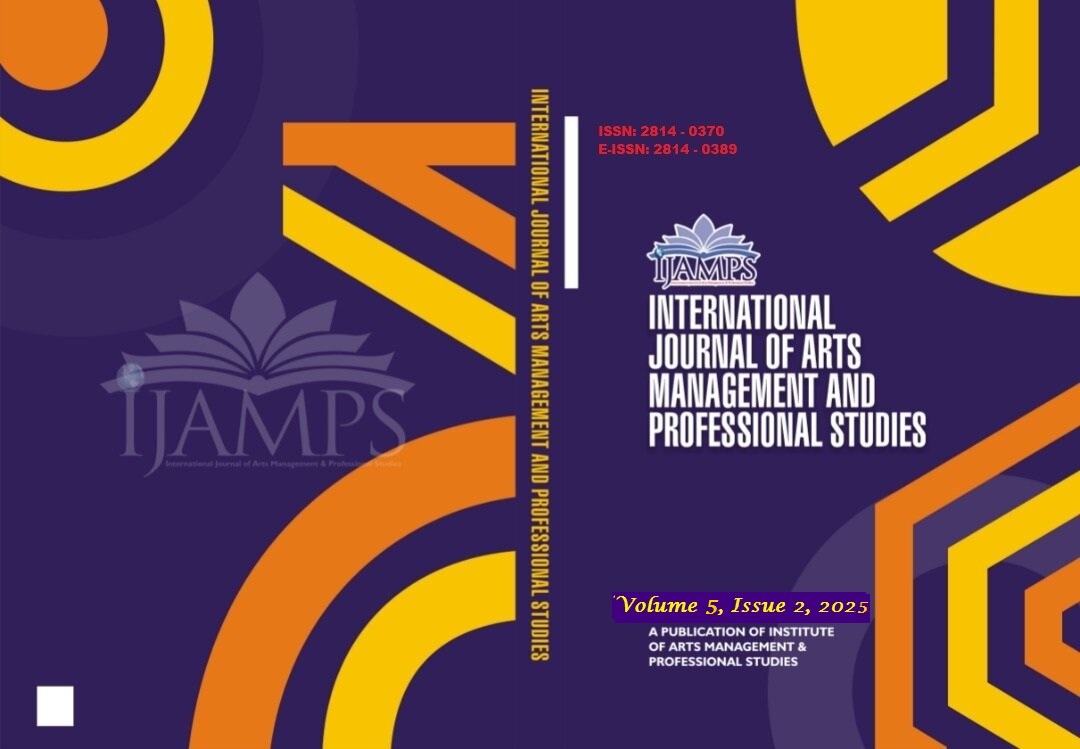
AI GOVERNANCE IN NIGERIA'S RENEWABLE ENERGY TRANSITION: ADDRESSING ETHICAL AND LEGAL CHALLENGES FOR SUSTAINABLE DEVELOPMENT
Eze Chidi Nwauba, Bassey Moses Ogar
Volume 5, Issue 2, June 2025
This research investigates the ethical and legal considerations governing artificial intelligence (AI) technologies in Nigeria's renewable energy sector transition, addressing a critical gap in emerging technology governance within developing economies. As Nigeria pursues its ambitious target of achieving 30% renewable energy by 2030, the integration of AI technologies presents both unprecedented opportunities for sustainable development and complex regulatory challenges requiring urgent attention.The study employs a comprehensive doctrinal legal research methodology, incorporating systematic comparative analyses of international regulatory frameworks from the European Union, United States, China, Singapore, and the United Arab Emirates to identify best practices and contextual adaptations suitable for Nigeria's unique socio-economic landscape. Through extensive examination of existing legislation, policy documents, and regulatory initiatives, the research maps the current governance ecosystem and identifies critical implementation barriers.Key findings reveal significant structural gaps in Nigeria's legal framework concerning AI deployment in renewable energy systems, particularly regarding algorithmic transparency requirements, comprehensive data governance protocols, clear liability allocation mechanisms, robust environmental stewardship provisions, and enforceable social equity safeguards. These deficiencies create regulatory uncertainty that potentially undermines investor confidence, limits innovation adoption, and risks perpetuating existing energy inequalities across Nigeria's diverse geographic and demographic populations.The research proposes an innovative hybrid regulatory model strategically combining risk-based regulatory approaches, comprehensive principles-based standards, collaborative co-regulatory mechanisms, and controlled regulatory sandboxes to enhance AI governance effectiveness in Nigeria's renewable energy sector. This multifaceted framework aims to foster sustainable, ethical, and accountable AI integration while actively supporting Nigeria's 2030 renewable energy targets and broader sustainable development objectives.